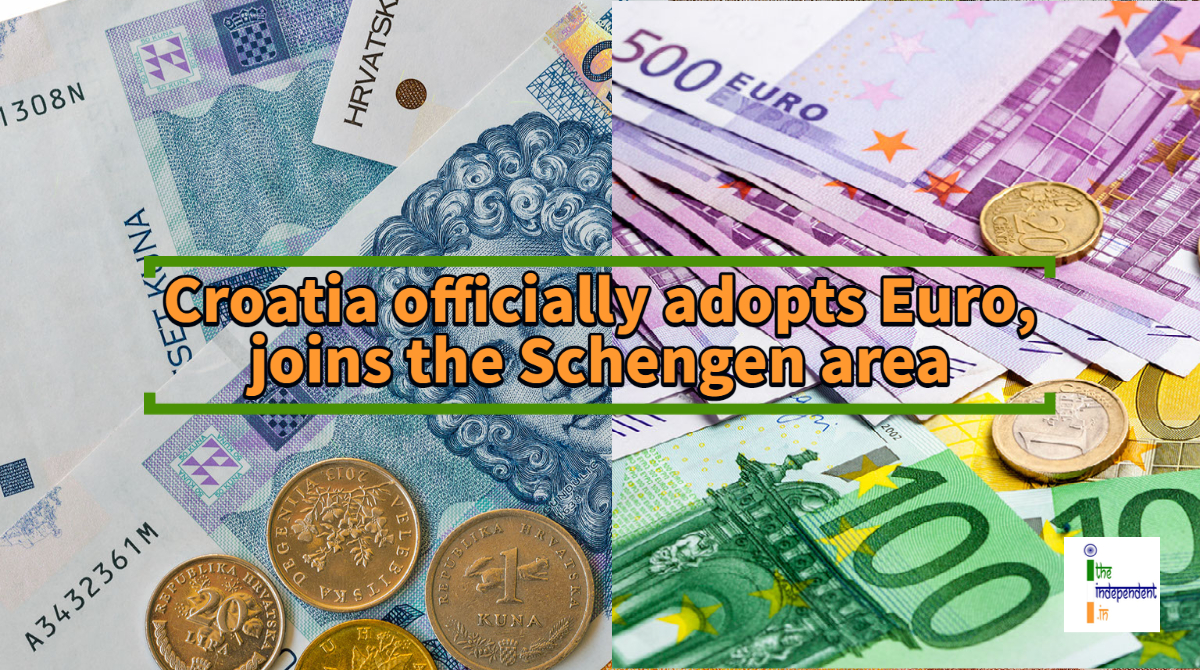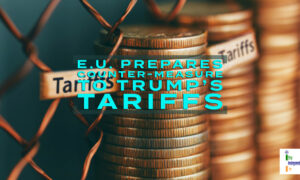
Nearly a decade after joining the European Union, Croatia has made the Euro its official currency and joined the Schengen Area.
Croatia has officially switched to the Euro as its official currency and entered Europe’s passport-free zone – the Schengen Area, nearly a decade after joining the European Union.
It bid farewell to its currency, Kuna on Sunday, i.e., January 1, 2023, midnight and became the 20th member of the Eurozone. It is now the 27th nation in the Schengen Area, which enables more than 400 million people to move freely around its members.
Addressing the media during her visit to Croatia, the President of the European Commission – Ursula von der Leyen said, “Today, Croatia joins the Schengen area and the Eurozone. Two immense achievements for the youngest Member State of the European Union, and both reached on the very same day.”
Taking it to twitter, Ursula tweeted,
— Ursula von der Leyen (@vonderleyen) January 1, 2023
It is the season of new beginnings.
And there is no place in Europe where this is more true than here in Croatia.
Today the country joins the Schengen area and the Eurozone.
Two immense achievements.
I’m so glad to be here, on this day of joy and pride for Croatia. pic.twitter.com/d4A2JWoOXf
She further tweeted,
The next generations of Croatians will grow up in Schengen.
— Ursula von der Leyen (@vonderleyen) January 1, 2023
With seamless travel, communities will grow closer together.
Now we need to work to preserve the benefits of Schengen.
Improve our common home and make it even safer. https://t.co/V0JwAUGq52
She met the Prime Minister of Croatia – Andrej Plenkovic and President of Slovenia – Natasa Pirc Musar at a border crossing with E.U. member Slovenia. Croatia, a former Yugoslav republic of 3.9 million people that fought a war of independence in the 1990s, joined the E.U. in 2013.
The adoption of the Euro as the official currency will help shield Croatia’s economy at a time when inflation is soaring worldwide after Russia’s invasion of Ukraine sent food and fuel prices through the roof. Croatia’s inflation rate reached 13.5% in November 2022 compared to 10% in the Eurozone. The adoption of the Euro will lower borrowing conditions amid economic hardship.
However, some Croatians fear the switch to Euro will lead to an increase in the cost of living as businesses round up prices when they convert them. Eastern E.U. members with currencies outside of the Eurozone, such as Poland and Hungary, have been even more vulnerable to inflation.
Besides, the Governor of Croatian National Bank – Boris Vujcic symbolically withdrew Euros from a cash machine in downtown Zagreb. In recent days, customers have queued at banks and ATMs to withdraw cash, fearing payment problems during the immediate aftermath of the transition period. Croatia’s entry into the Schengen area is expected to provide a boost to the tourism industry, which accounts for 20% of its Gross Domestic Product (GDP).







